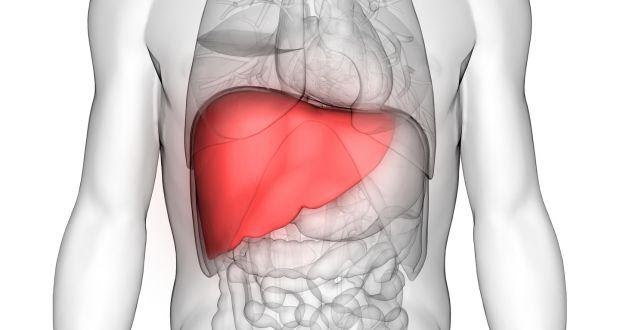How Hormones Affect Your Health

In a human body, hormones are the messengers that travel in different organs signalling them to work. The endocrine glands are responsible for the production of hormones, which travel via the bloodstream to different tissues. Hormones regulate different processes in the body from growth and development to reproduction and metabolism. The hormonal level changes in men and women both, as they age supplementing the body growth. However, too much or too little hormones lead to serious health issues. Even a small hormonal imbalance in a male or a female can cause adverse effects on the body. So here is how hormones affect the health of an individual. Did you know that Estrogens, a group of female sex hormones, are known human carcinogens? Well, these hormones play a major role in the health of a female, but these have also been associated with an increased risk of certain cancers as found by many research organisations and reaffirmed by cancer specialist hospital in India ...





